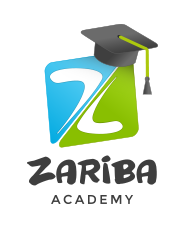Introduction to Object-Oriented Programming and Quality Code
Many additional features of .Net will be introduced – delegates, events, extension methods, generic classes, LINQ, lambda expressions, anonymous types etc…
On the gaming side we will make a Monopoly clone using the MonoGame engine.
This module is probably the most important one on your way to becoming a game developer.
EXERCISES
Take a look at the lectures for this course.
1. Introduction to the OOP & Quality Code
2. Exception Handling
3. Defining Classes Part 1
4. Defining Classes Part 2
5. Extension Methods, Anonymous Types, Delegates, Events, LINQ and Lambda expressions
This is the coolest lecture ever. Many new features in C# will be introduced. Some of them may not become clear the first you see them, but after some time you will get used to them. Linq and Lambda are a very quick, efficient and easy way to manipulate collections of information. I am sure if you switch to another language, you will miss them.
6. OOP Principles - Inheritance, Abstraction, Encapsulation
7. OOP Principles - Polymorphism
8. Workshop 1: Hacking Wordz! - Introduction to Graph Theory
9. Quality Code
11. Introduction to MonoGame XNA - Spacecraft Wars Game
12. Making MVC Monopoly with MonoGame
In this lecture we will make our own Monopoly clone (not a 100% functional). The main idea is to introduce the MVC architecture in game development, along with the state machine pattern. Monopoly is created with MonoGame but using the MVC architecture you can easily change the renderer (engine) and keep most of the code the same.


